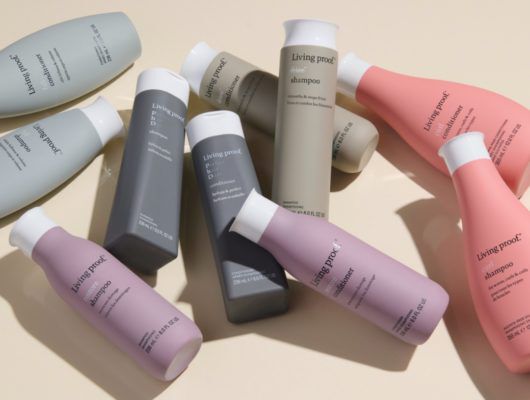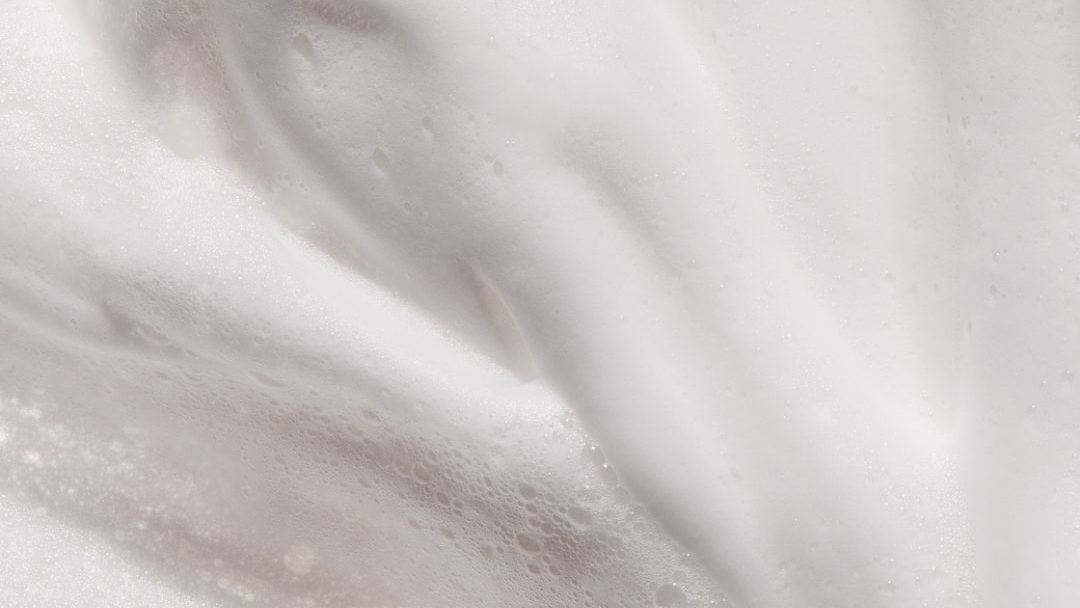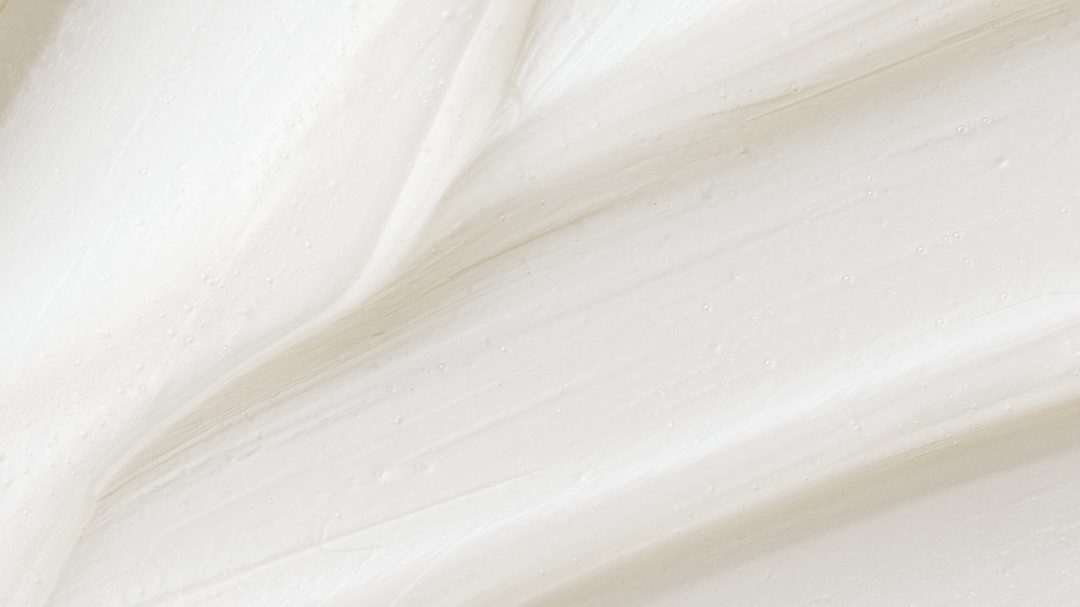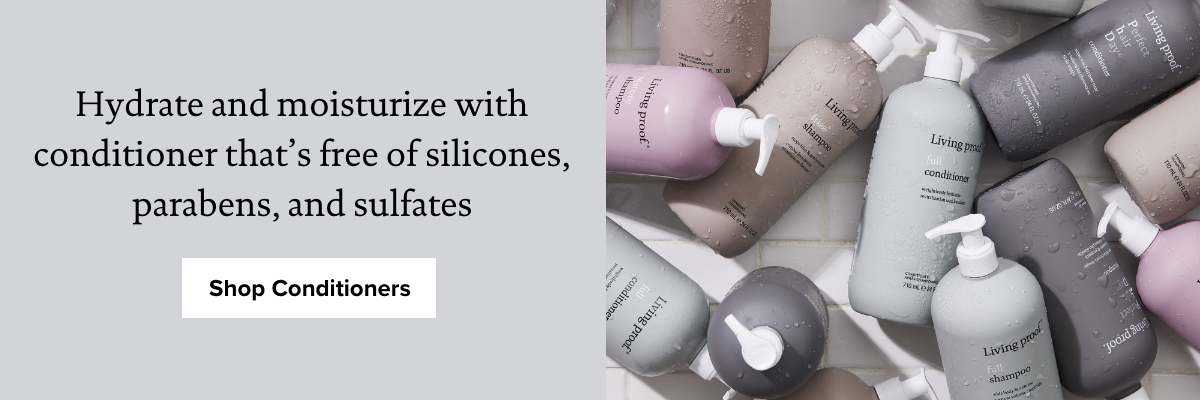
Shampoo vs. conditioner: differences & benefits
Shampoo and conditioner are the most fundamental building blocks to any haircare routine. While both products can address hair concerns from hydration to shine and beyond, they act on your strands in distinct ways.
Here, we’ll break down the main difference between shampoo and conditioner and illustrate the role that each haircare product plays in achieving long-lasting benefits for your hair and its health.
What is shampoo used for?

The primary purpose of every type of shampoo is to cleanse the hair and scalp.
There are several types of shampoo that address a variety of different hair concerns. The wide world of shampoos include:
- Volumizing shampoos
- Hydrating shampoos
- Clarifying shampoos
- Frizz-combatting shampoos
- Curl-enhancing shampoos
- Dry shampoos
Given the versatility and adaptability of hair, it’s not uncommon to watch your hair go through different phases throughout your lifetime. Hair health can be affected by everything from the local weather to your hormones, so you may find you need more than one type of shampoo in your cabinet for different circumstances.
What is conditioner used for?

Conditioner is formulated to condition the hair by hydrating and fortifying the hair shaft. Using a hair conditioner can help to improve:
- Hair cuticle integrity
- Softness
- Volume and body
- Smoothness and shine
Shampoo vs conditioner: key differences
The main difference between shampoo and conditioner is that the former is designed to cleanse the hair, while the latter is formulated to provide nourishment that can make it more manageable and soft after washing.
Here are some other hallmark differences between the two:
- Lather – One of the most obvious ways to distinguish between shampoo and conditioner is their sudsing properties. While conditioner should feel silkier on the hair, with a slip that eases detangling out of the shower, most shampoos offer a degree of lather when combined with water.
- Timing – More often than not, shampoo is used before conditioner to prepare the hair for hydration. However, some people report reverse washing their shampoo and conditioning as a way to reinvigorate their hair.
- Ingredients – The lather produced by shampoo is a result of surfactants, a type of chemical that bonds to both oil and water to rinse the dirt and debris down the drain. Conditioner surfactants are larger. As a result, they resist being rinsed away so that hydrating molecules may coat and smooth the hair strand and cuticle.
Sulfates are common surfactants used in many shampoo formulas. While no final consensus has been reached on the potential toxicity of sulfates, they are known to be a heavy-duty detergent that can strip your hair of the natural oil it needs to stay moisturized and pliable from the inside out.
To avoid overtaxed, brittle, or dry hair, look for sulfate-free (SLS and SLES) formulas in both your conditioner and shampoo.
Benefits of shampoo vs. conditioner
There are myriad benefits of both shampoo and conditioner, and, ideally, both can be integral to every haircare routine, no matter how often you wash.
Benefits of shampoo
- Cleansing – No matter your hair type, properly cleaning your tresses and scalp is essential to your overall health. Unclean hair can result in greasiness, dandruff, odor, and a buildup of dirt and pollutants your hair absorbs from the environment. That said how often you should wash your hair varies depending on what type of hair you have. While coily hair can often go longer between washes, straight, thin hair usually needs more frequent cleanings.
- Scalp nourishment – Healthy hair begins with the scalp, and selecting a gentle shampoo is the best way to ensure yours gets the treatment it needs. Keeping the scalp free of oil, dirt, and debris encourages your sebaceous glands to produce oil more moderately, allowing hair to last longer between wash days.
- Enhancement of hair condition – Every type of hair needs to be clean for its natural hair texture to shine through. Having a shampoo routine not only keeps your hair healthy but also prepares it to receive nourishment from another haircare product you may incorporate into your hair routine.
Benefits of conditioner
- Smooths the hair cuticle to improve texture and luster
- Can improve the condition of hair over time
- Primes and protects the hair for detangling and styling when wet
Whether you condition your hair in the shower or use leave-in solutions on damp or dry hair, having an adequate moisturizing agent is essential for maintaining hydration after you shampoo.
Find your perfect shampoo and conditioner with Living Proof
Our hair solutions run the gamut of common hair concerns, from a lack of volume to curls that have lost their luster.
Each of our cruelty-free shampoo and conditioning formulas is crafted to be gentle on hair and restore it to its natural vibrancy without the use of harsh chemicals. Our complete range is free of parabens, sulfates (SLS & SLES), phthalates, and silicone.
When paired, our shampoos and conditioners work together to foster healthier, stronger hair that stays cleaner for longer, so you can avoid unnecessary extra washings. Wondering how to choose a shampoo and conditioner? Take our haircare quiz for help!
- PubMed. Study of the composition of 140 shampoos: similarities and differences depending on the sales channel used. https://pubmed.ncbi.nlm.nih.gov/31106758/
- PubMed. Hormonal Effects on Hair Follicles. https://pubmed.ncbi.nlm.nih.gov/32731328/
- PubMed. Shampoos: ingredients, efficacy and adverse effects. https://pubmed.ncbi.nlm.nih.gov/17451380/



.png)

